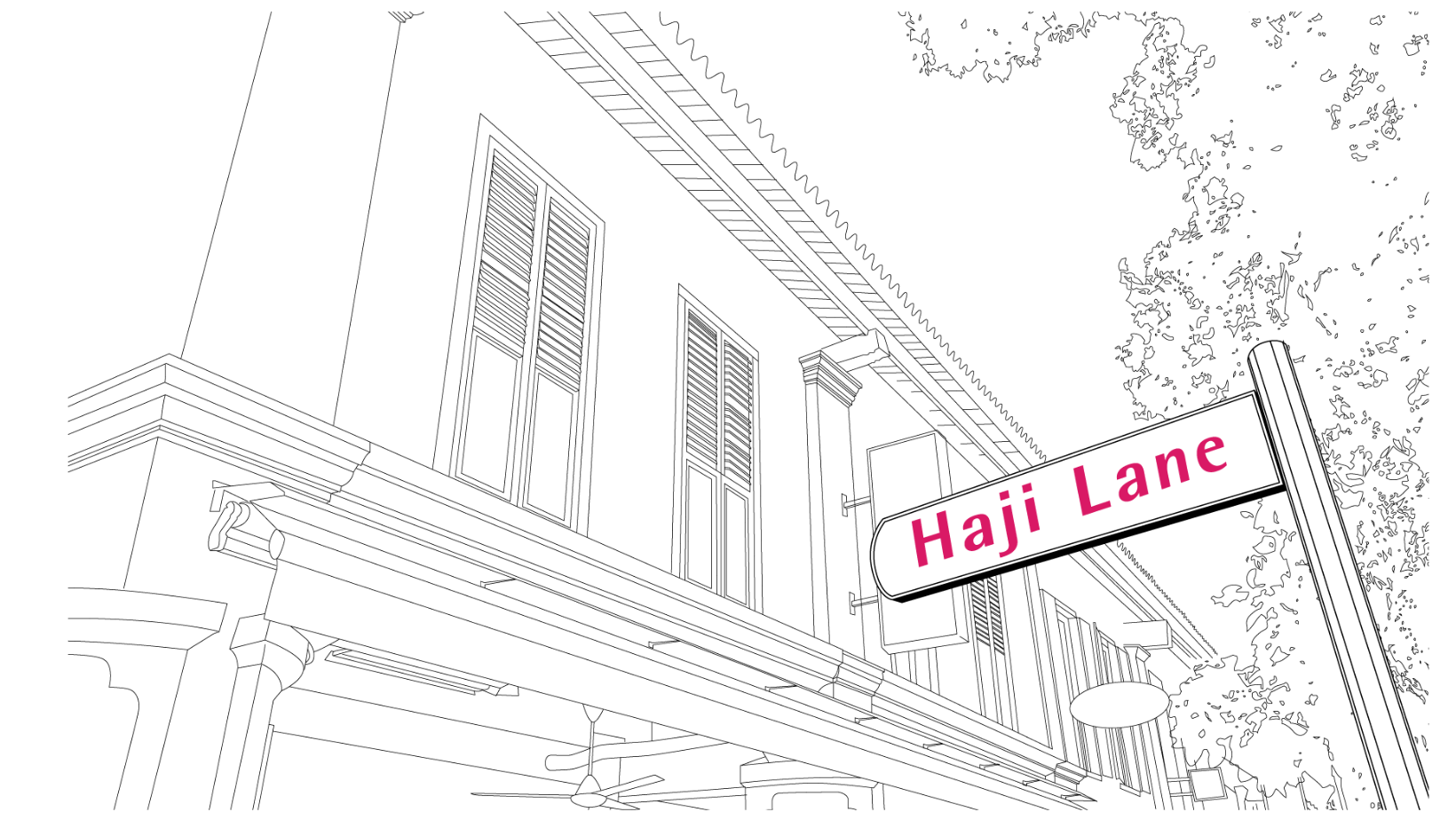In July this year, two community veterans who used to helm Malay/Muslim organisations (MMOs) registered a self-help group, Persatuan Aksi Kemajuan Sosial dan Ilmu (PAKSI). The objective of PAKSI is to raise community’s awareness about the new economy and to better prepare for the economic transformation that is sweeping the globe.
The two – Mr Ramli Puteh and Mr Syed Ahmad Syed Agil – are in their 60s. Having contributed to the community over the years, no one would deny them the right to take a back seat as the community finds its way through this new economic terrain. Yet, they are as determined as ever to contribute to the community’s success.
The community’s desire to see Malay/Muslims progress in Singapore is undeniably strong. Over the last 50 years, our Malay/Muslim organisations have been the foundation of the community’s success. The spirit of gotong-royong and berat sama dipikul, ringan sama dijinjing has propelled us to where we are today – overcoming issues of underachievement in education, drug addiction and high divorce rate, among others. However, as we embark on the next phase of Singapore’s development, it is also timely for our MMOs to restrategise in line with the changes that are happening around us.
THE TIDE OF CHANGE
One recent major change on the domestic front is the reforms to the Primary School Leaving Examination (PSLE). From 2021, the PSLE will be scored with wider bands and the scores will reflect the student’s individual performance and not his performance relative to his peers.
The PSLE revamp is essentially part of a larger shift away from academics towards broadening opportunities for students to discover their interests and talents. It also hopes to encourage students to develop life skills, a sense of curiosity and a love for learning.
When he announced the changes in Parliament in April 2016, then Acting Minister for Education (Schools) Ng Chee Meng said, “Let’s help our children make good use of their time to branch out to explore other interests and passions and to pursue what they want to do in life.”
The shift away from academics is potentially a game changer for the community. While progress in various subjects has been encouraging, the community is still playing catch up with other races in all areas of education, with the bar set higher and higher each time significant progress is made.
Dr Norshahril Saat, fellow at the ISEAS Yusof Ishak Institute, opined that the education landscape has changed so rapidly that old measurements of success are no longer relevant. “So by the time we meet the old standards of getting good grades, they are no longer the most significant measures of success.”
However, Dr Norshahril feels that some segments of the community still put a strong emphasis on grades. “This has got to change because the government seems to have changed its position on degrees and qualifications. The community has to keep up with this change. As the economy matures, greater emphasis is placed on skills rather than qualifications.”
Thus, it is wise for our MMOs to relook at existing strategies where education is concerned, not just in terms of programmes but also its narrative. The community’s focus on education must keep up with the national narrative.
WHAT CAN MMOS DO?
As a start, our community-based organisations must stop operating within the confines of the community – in short, MMOs need to stop operating like an MMO. The MMOs’ primary role is to steer the community in the direction that the country is heading. Thus, it has to plug itself into national networks, so while they are close to the heartbeat of the Malay/Muslim community, MMOs are also in tune with the changes happening in the larger Singapore and the world.
To be fair, some MMOs are already doing this. But such is the pace of change today that the emphasis must be greater and carried out on a larger scale. In education for instance, our MMOs will do well to work closely with the labour movement, which has a strong sense of what the future economy will be like, and thus, where the future jobs will be.
With economic restructuring set to be a long-term project, we must look beyond helping displaced Malay/Muslim workers of today, but also prepare to assist Malay/Muslim workers of tomorrow. MMOs can assert a stronger influence and impact on the future of the Malay/Muslim community by engaging those in the community whose jobs are at risk of being irrelevant and pointing out to them jobs that will provide them better stability in the long run.
In a recent conversation, a union leader said it worried him that the market trends revealed that Malay workers – including young workers – are over represented in jobs that, in a matter of time, will become obsolete. The labour movement has engaged these workers to explore opportunities in industries and sectors that promise a better future. But there seems to be an inertia amongst them to be trained in a different field. MMOs must be able to make sense of this inertia and help such workers overcome their reluctance to go for training and to upgrade or renew their skills.
LIFELONG LEARNING IS THE NEW NORM
Some jobs will be obsolete, but new ones will be created. And only the most nimble among the workforce, those who are willing to be trained and explore opportunities in new areas of growth, will survive and prosper. And while lifelong learning was the buzz phrase for low-skilled workers in the past, it is now equally if not more important for the higher skilled in the community – the PMETs – to embrace the concept of lifelong learning. PMETs must not be lulled into a false sense of job security.
Today we see job functions in established fields from accountancy to law becoming obsolete. MMOs can play a bigger part to raise awareness of this. In a world that is fast changing and becoming more complex, the economic health of the community will be more important than ever, if it is to sustain the level of development it has achieved over the past five decades.
In a dialogue with union leaders, Prime Minister Lee Hsien Loong said slow economic growth will be the norm for Singapore as the economy matures. However, he stressed that there are many bright spots and while a consistent, long-term strategy is key, Singapore must also be nimble and flexible to seize new opportunities that come its way.
To face these challenges head on, MMOs constantly need to renew themselves, and this requires leadership renewal, says Dr Norshahril. He added, “They must give youths a chance to lead these organisations, and foster these networks… MMOs need to be in touch with changes in our economy. Rather than being passive, MMOs can take the lead and become trendsetters.”
The reforms in education which signal a larger shift towards skills, already seen through the economic restructuring that is underway, presents Singapore and the community with a big challenge on our hands. But at the same time, it also presents opportunities.

For Malay/Muslims, this potentially levels the playing field, and how we develop and progress in the future will be entirely up to our determination to succeed, to continue learning and exploring, to not allow challenges to paralyse us, but instead become a launch pad for our success.
No one is questioning the desire of the community to help itself. Where the community stands today is testament to the work, contribution and sacrifice of leaders and volunteers from our MMOs. However, we are facing a new world where challenges are becoming more complex, and we need not only the gotong royong spirit but the courage to reinvent ourselves. MMOs must realise this quick and now, realign their objectives and reenergise themselves, or risk being left behind and made irrelevant by the tide of change that waits for no one. ⬛
Nazri Hadi Saparin is the Assistant to Editor at Berita Harian/Berita Minggu News Desk. The views expressed in the article are his own.








